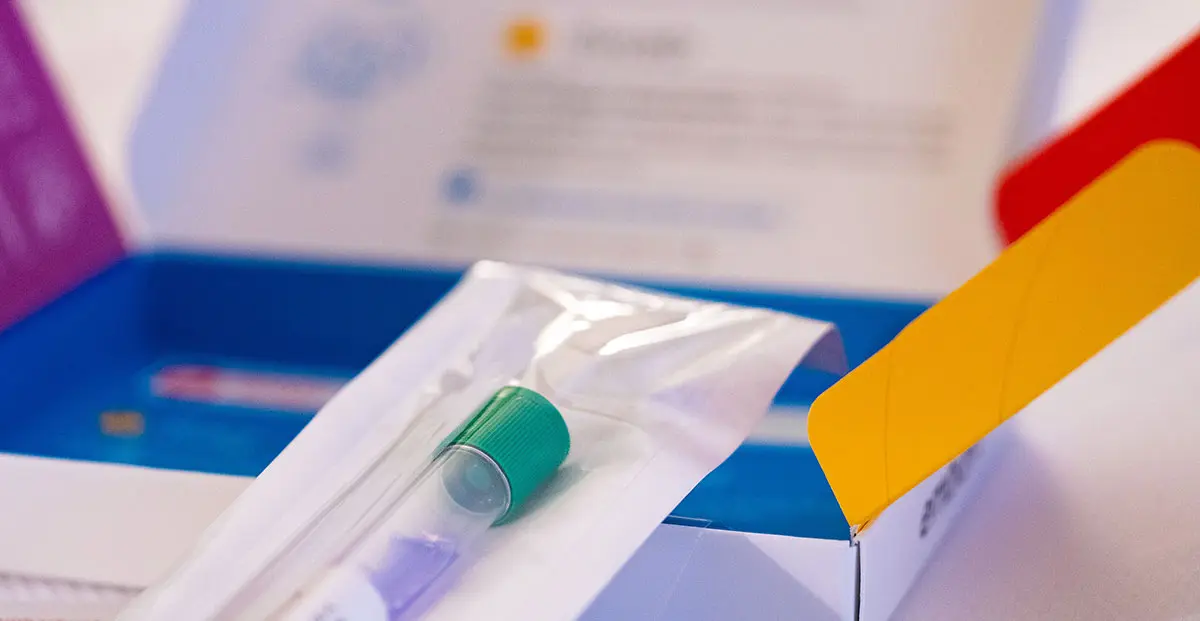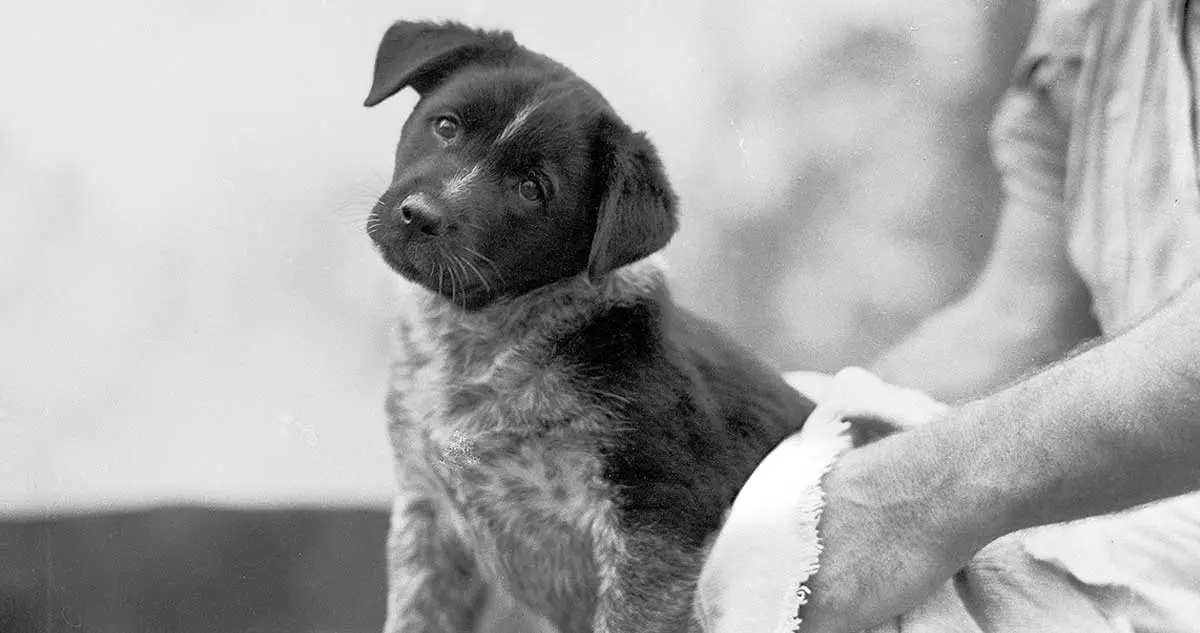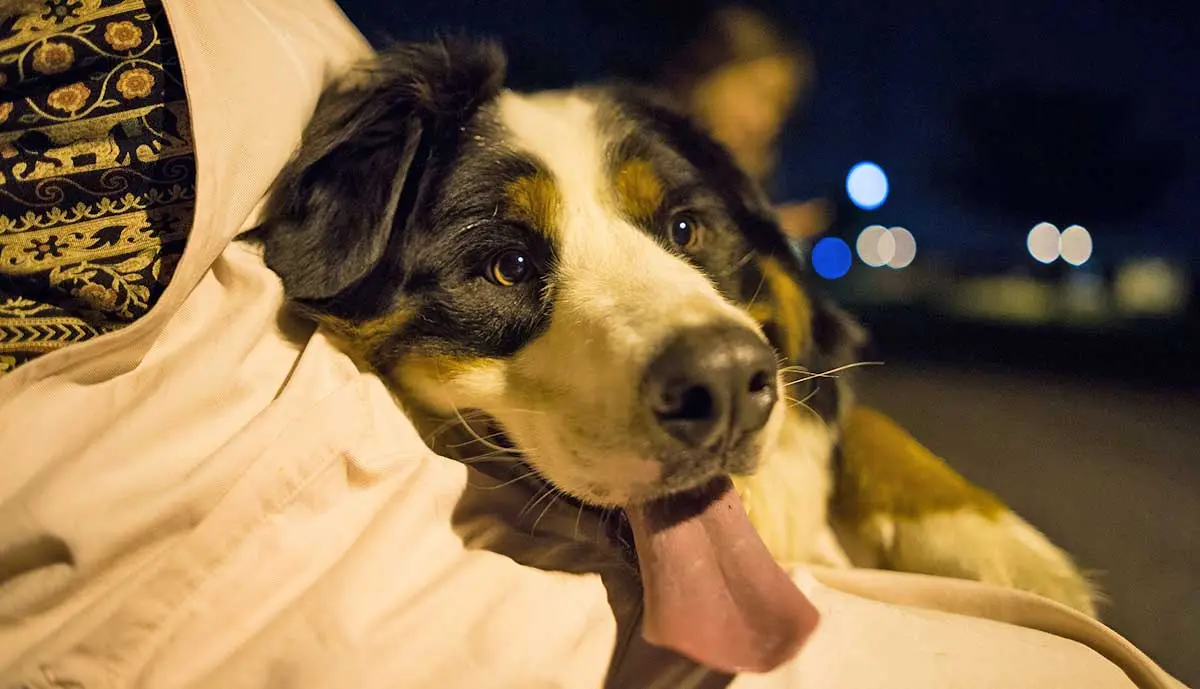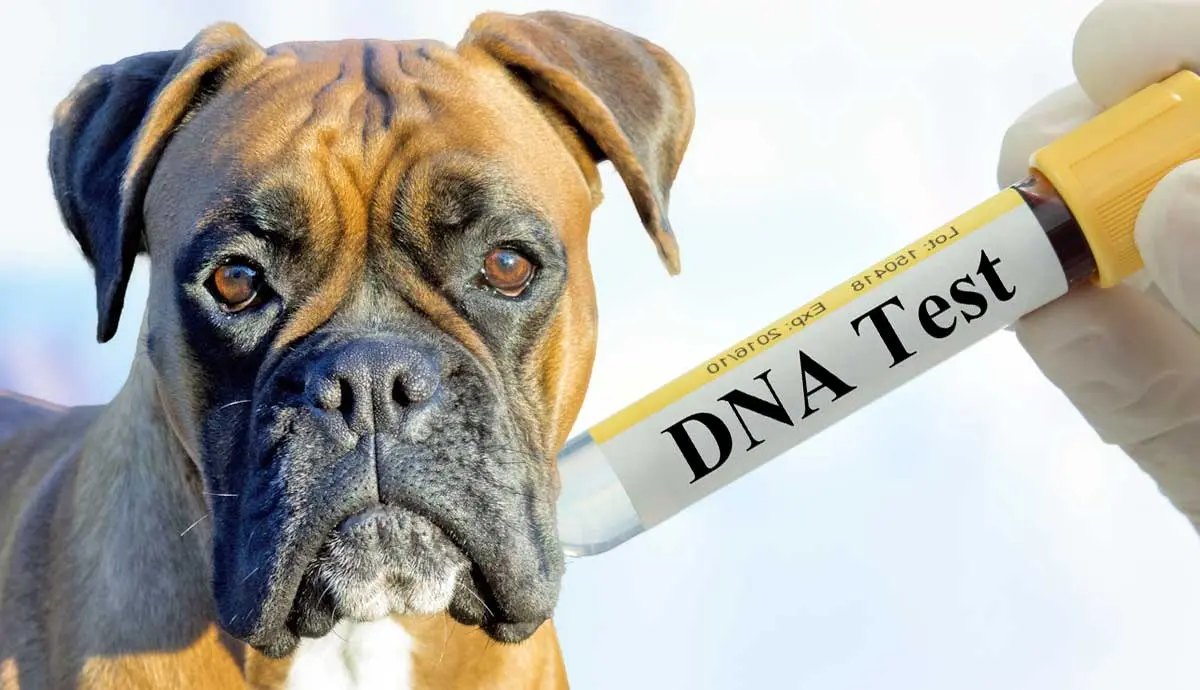In a world where mixed breeds are more common than, understanding what goes into that mix has been scratching the back of many minds. The first dog DNA tests were developed in 2007, but it wasn’t until recently that they’ve been made available to consumers.
With less than two decades of practice under their belt, it's not unusual to wonder how accurate these tests actually are. In this article, we explore the science behind these tests and explain why you should take their accuracy claims with a grain of salt.
How Dog DNA Tests Work

Before we get all technical, it’s nice to know how these tests work. If you’ve ever done a human DNA test, expect the steps to follow the same pattern.
While each kit has its own instructions, most ask you to rub the inside of your dog’s cheek with the included swab, package it up, and ship it back. Depending on the brand you choose, they may ask you for a picture of your dog and answers to questions like their age and suspected breeds.
Results often take more than 6 weeks to post, during which time they’re sequencing and comparing your dog’s DNA.
The Science of Dog DNA Tests

Because of the competitive nature of the industry, it’s uncommon for a company to share its exact lab practices. However, Embark, a leading competitor, prides itself on transparency regarding the process and use of a Single Nucleotide Polymorphism microarray developed during a partnership with Cornell University’s College of Veterinary Medicine.
First, they separate your dog’s DNA from other parts and then use a process called amplification to make copies of the sequence. After this, they cut the sequence into smaller pieces and then wash those fragments over a microarray (similar to the typical microscope slide, but with probes that target specific genetic material).
This allows them to identify the material and then run the information through their system, matching it to traits and breeds in their database. The more the DNA syncs with certain breeds, the higher they mark a dog’s percentage with that breed.
Things That Affect Dog DNA Test Accuracy

Most companies that handle dog DNA tests do their best to ensure accurate results. They may ask users to keep their pet away from other animals or avoid eating or drinking for a time before to limit cross contamination, and their labs follow strict procedures for this reason.
Still, a company’s results are dependent on the number of samples they can test against and their particular testing methods.
The larger their breed database, the more likely they are to detect your dog’s breed. For example, Wisdom Panel has over 365 breeds in its database. Embark has over 350, and Know Your Pet DNA by Ancestry has a database of over 400 breeds, including wolf, coyote, and village dog DNA.
If your dog’s results are far removed from any of the breeds in a company’s database, they’ll likely attribute a portion of their genetics to “supermutt” lineage, indicated traits that supersede purebred dogs.
Unfortunately, there are some companies who follow unscrupulous practices and assign results without regard for accuracy. Make sure you do your research beforehand to avoid these companies and keep in mind that the cheapest test may come at a cost.
One Studies Results

CBC Marketplace did its own test of the accuracy of direct to consumer dog DNA tests and found that each company tested offered different results. For this test, they sent samples from two mixed breed dogs, one purebred Great Dane, and one human to four companies and declined as many of the information requests as possible to test each company’s responses.
The mixed breed dogs received results that did not overlap for any of the companies, and only Wisdom and Embark marked the purebred dog as 100 percent Great Dane. Of the four companies, only Embark and Wisdom indicated failed testing on the human sample.
The Bottom Line

It’s human nature to want to know things, and learning the background of your canine best friend can be very rewarding, but it’s important to understand accuracy is not regulated. While the science behind DNA testing is well-explored, canine genetics are still complicated to navigate and won’t provide all the answers you’re looking for.
The dog in front of you is much more than their breed history, and their behavior and health is shaped by their circumstances just as much (if not more) than their genetics. A DNA test may provide some background to unique behaviors, like burrowing, but it won’t replace the need to shift expectations and responses depending on your dog’s personality.
If this is something you’re interested in, do your research on Canine DNA test companies and consumer sentiment about their results. Consider doing a genetic health screen with your veterinarian for more practical testing, and treat results speculatively rather than the end-all answer to your dog’s quirky behavior.





